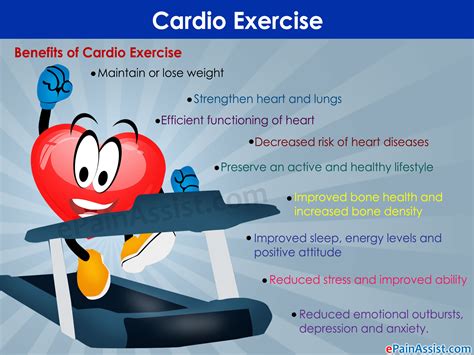Increasingly, research corroborates the idea that cardiovascular fitness is not just desirable but essential for an elongated and healthier life. A plethora of studies suggests a direct correlation between enhanced cardio fitness and reduced morbidity and mortality rates. However, it’s imperative to parse through these findings with a critical eye, particularly towards the implied causality often suggested in these studies.
The cardio fitness narrative is often oversimplified in popular fitness culture and device marketing. Devices like Apple Watches and Fitbit promote features estimating VO2 max — a metric understood as the maximum amount of oxygen one can utilize during intense exercise. This metric is commonly used as a shorthand indicator of cardiovascular health. However, while these devices offer a snapshot of one’s current state of fitness through an accessible, albeit non-comprehensive lens, they should not replace professional health assessments or more accurate testing methodologies.
Moreover, it’s interesting to note the emerging trend towards low-intensity, sustained exercises like Zone 2 training, which is argued to trigger improvements in both metabolic efficiency and cardiovascular resilience. This approach, heralded by figures like Peter Attia, suggests that longer periods of moderate exercise might be more beneficial than shorter bursts of high-intensity workouts, a theory that flips conventional workout wisdom on its head—who commonly preach the ‘no pain, no gain’ mantra.
Yet, the debate continues on the maximum beneficial limits of exercise. Some research points towards the potential risks associated with ‘over-exercising’, suggesting there might be a threshold where the benefits plateau or even reverse, particularly concerning heart strain and joint wear. Hence, individual fitness plans should not only focus on increasing cardio fitness but doing so in a measured, sustainable way that accounts for personal health history and current physical condition.
This ongoing conversation underscores the necessity of nuanced discourse in health and fitness. As our understanding of human physiology evolves, so too must our strategies for maintaining and improving health through exercise. It’s clear that while cardio fitness is a crucial element of overall health, it is part of a broader equation that includes diet, mental health, and genetic factors. Thus, individuals should seek tailored advice that considers their unique health profiles to truly thrive.


Leave a Reply